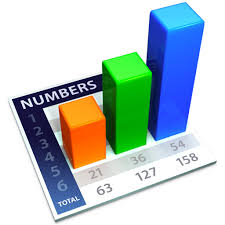
Is public good or is private better? Public and private are categories that are used constantly and yet it is difficult to find a basic, psychological, social and cultural analysis of the differences between public life and private life. And when we do, quickly enough we become aware that there is nothing good nor anything bad in each of these forms of human experience. Is public good, or is private better? In fact, both are interdependent realities and quite dynamic in human history and in the same historical moment in different societies.
The difference between public and private is usually analyzed from a political or legal perspective. However, both "spaces" or "orders of interaction" have psychological, social and cultural foundations that predate politics and law. They help organize fundamental human experiences. So I think there should be a focus or "pre-political" treatment of both concepts. Therefore, in addition, the "public-private" dimensions should be incorporated into the basic dimensions of social science: subject/structure, individual/society, single/group, qualitative/quantitative, subjective/objective.
What does public mean and what private mean?
Before defining the terms, it is necessary to say that it is not possible to give a separate definition either. "Public" and "private" are dimensions of an experience that is continuous and interdependent. We cannot say "what is public" without saying "what is private". This is important because it makes baseless expressions as "the culture of public problems" of Joseph Gusfield (2014), which addresses the problem of alcoholism in motorists, but without treating the counterpart: the private lives of drivers who drink too much alcohol before driving.
In addition to this semantic interdependence between the two concepts, they also have two meanings, which have been developing and evolving for centuries, both in the philosophy of law and in political philosophy.
The first meaning is orientated towards defining the distribution of rights and obligations of individuals, social groups and social organisations. This means that the "public" indicates that it is "common" or shared through a "partnership". From the perspective of the "property", which is "common public asset" it is "something-that-does-not-belong-to-anyone-and-is-for-all." The public acquires a meaning of "impersonality" because it signals a collective subject, community, group with a role or certain role, rights and obligations in relation to something. In this same semantic field, "private" means "particular", "something-that-belongs-to-somebody-and-that-is-not-for-everybody". This means that a certain subject (individual, even personal or organizational) has a right to decide on a certain part or the whole of a (physical or symbolic) object.







